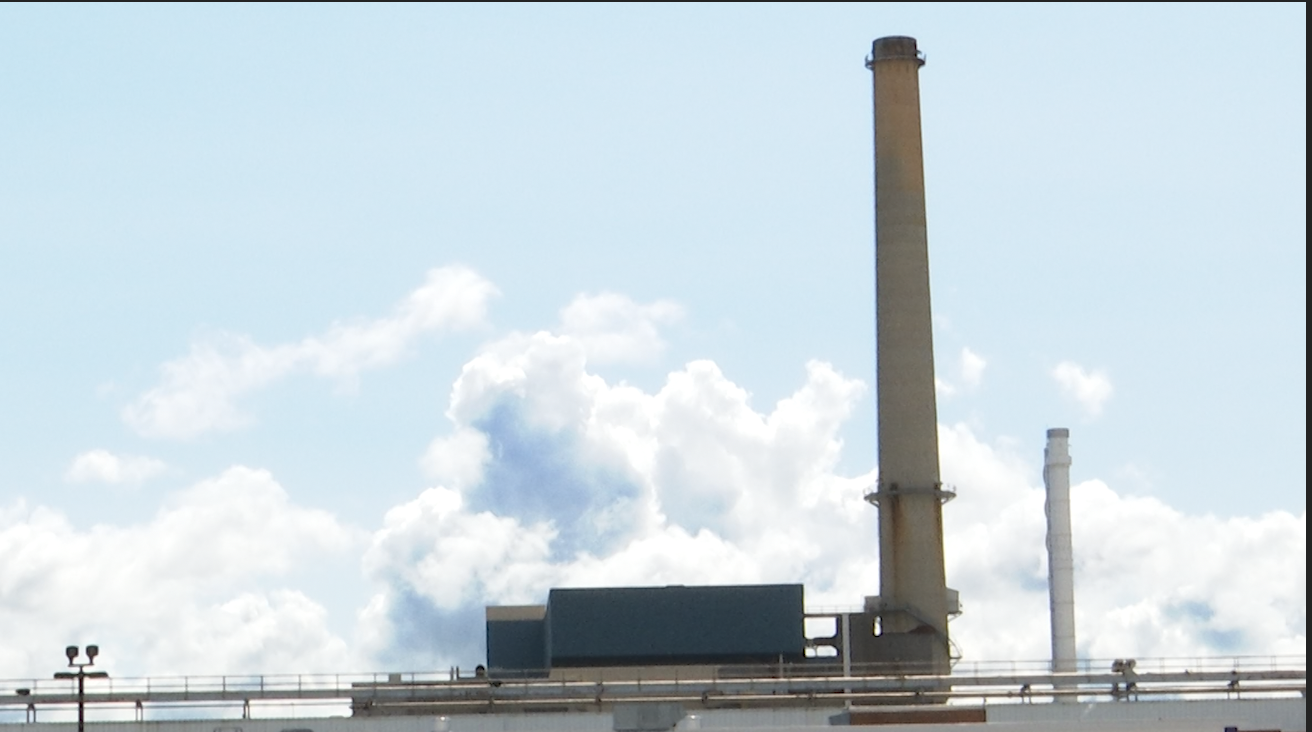GREEN BAY, Wisc. (SPECTRUM NEWS) — It’s a moniker that may not have the acclaim of Titletown U.S.A., but there’s no question being the toilet paper capital of the world has its perks, too.
The paper industry supports more than 6,000 jobs in Brown County, where Green Bay — the aforementioned toilet paper capital — is located. It’s a product often taken for granted, but was vaulted into the limelight this spring at the onset of the coronavirus pandemic.
And it’s still going strong.
“Our mill on Day Street is totally a retail product mill, so they have been continuing to run full speed ahead because the retail segment has always had strong sales throughout the pandemic,” sys Mike Kawleski, a spokesman with Georgia-Pacific in Green Bay.
Paper faces a pandemic-induced dichotomy.

“We have consumer products like toilet paper, and Kimberly Clark is producing Depends, and all the things folks are using day in and day…are going like gangbusters,” says Missy Hughes, chief executive officer of the Wisconsin Economic Development Corp. “The school side of things, the office side of things, the retail catalogs and magazines, are really getting hit.”
That slowdown is one of the reasons attributed to the decision by Verso Corp. to idle its mill in Wisconsin Rapids, and another in northern Minnesota. With businesses closed and many types of advertising curtailed during the shutdown, the company faced a “significant and unexpected decrease in customer orders.”
About 900 people worked at the mill which processes about 25 percent of the state’s pulpwood.
Hughes says efforts are ongoing to find a way to keep the mill viable— including a co-op-type of arrangement.
“There’s a really exciting idea about vertically integrating our loggers, our haulers, our paper making in Wisconsin Rapids, and our customers and really having a control-your-own-destiny view of the paper industry in Wisconsin,” she says.

Georgia-Pacific’s operations in Green Bay haven’t been immune from the pandemic. It implemented short-term layoffs for some of its employees when demand for products for places like schools, airports and businesses went soft.
Kawleski says that the market is showing some signs of recovery.
“Our operations have been in Green Bay for more than 100 years and we anticipate we’re going to be here for quite a long time yet,” he says.


